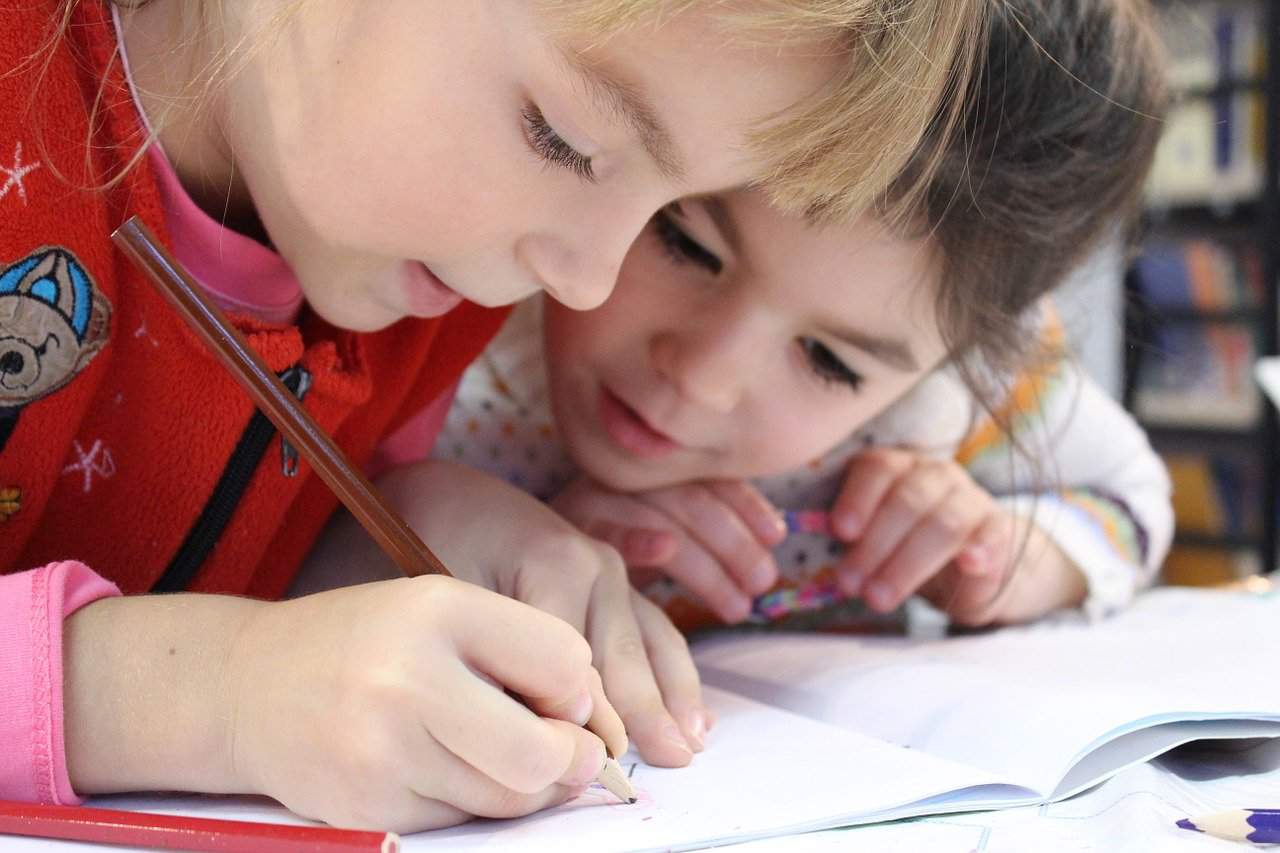Good study habits create learners who hit the ground running in universities and colleges. Have you ever wondered why do students perform so differently though being in the same equal environment? The main key is to understand each individual’s learning approach and style. The failure in finding the right one makes students struggle with academics and extracurricular activities. This article is going to explore five main habits which all successful students incorporate in their studies. But beforehand, let’s define what does it mean “successful student” and how is “success” defined? Successful students are those who are striving not for getting excellent grades, but are striving to learn. The keen love to learning and acquiring knowledge is the first feature that defines a successful student. They are those type of student who get their essay for college, and personal statement examples for scholarship immediately, with no rush.
- They are inquirers. Successful students challenge their curiosity, develop skills for inquiry and research. They know how to learn independently and in groups, learn with enthusiasm and sustain their learning. What are the main characteristics of a successful student?
- They are excellent communicators. They express themselves creatively, collaborate, listen to other perspectives. They act with integrity, with a strong sense of justice. They are risk takers and open-minded types of people.
- Successful students accept other cultures and traditions. They also explore new resources and innovative strategies whenever they face challenges.
- Quizzes, tests, midterms, and finals are one of the essential parts of school and college life. So, what are the four main habits of successful students before exams?
Time management
The rigorous and independent study is the result of the strong mindset of a successful student. The balanced planning and vital organizational techniques help successful students to reach their goals. Effective lecture notes, keeping all the records in one place, productive study sessions, and efficient preparation is all about successful students. Time management is the ability of a student to say “No” to friends and resists temptations. They self-motivate themselves in order to get the work done by their own scheduled deadlines.
Creative thinking
Successful students always think in a creative way that helps them to approach their challenges. For example, if a student is struggling with understanding the material, he/she will not only stick with the textbooks or notes. They will ask professors, watch videos, create flashcards, use mnemonic techniques etc. If a student finds problematic to interpret or analyze the text, he/she will try to link one subject to another and question to consensus. Creativity helps students to have a rest too. Drawing might enhance their level of mood, while dancing might give them a little bit more energy and encouragement.
Exercise
Doing sport of recreating helps people to have some rest and be distracted from stress and pressure that might come from work, colleges or personal life. Even during the work day, any kind of exercise is required because it will help workers to regain their energy for the rest of the day. A lot of studies claim that sport affects people’s overall performance and behavior because if people lack physical development, they will be quickly tired and have frequent fatigue and headaches. Successful students always double check themselves, and try to assess themselves occasionally.
Study environment management
It’s up to everyone to choose whether to learn in a library, cafe, public space, or personal room. It’s up to everyone to set up the most productive space. It’s proven that learning in the same environment is not so efficient is a student would study in various spaces for respective exams. We can delineate the same analogy with learning the language – to learn it in a foreign in their own country or a foreign country in which it is spoken. Learning a new language is always compelling, but the effectiveness of obtaining a certain level of proficiency in that language much depends on the environment it was learned and the strategic quality it was planned to achieve.
Learning a new language in the environment where it is spoken means practicing speaking and reading on daily basis 24 hours a day. This will be very effective, because every time a person goes shopping, crosses the streets, visits museums talks to native speakers, he or she encounters written the language in the menu, brochures, road signs as well as develops speaking and listening skills. In addition, living in the country where your learning language is spoken will give you an amazing experience of cultural traditions. You will be naturally involved in the cultural celebrations, events, games, tournaments and other activities that native speakers do in their everyday life. Local artists, authors, and workers will provide you with cultural values because learning language is not only grammar and syntax, it is also the feeling of culture and new insights.
In conclusion, time and space management, creative thinking and exercising are essential habits of any successful student who wants to achieve more than just good grades and earn the credits.
